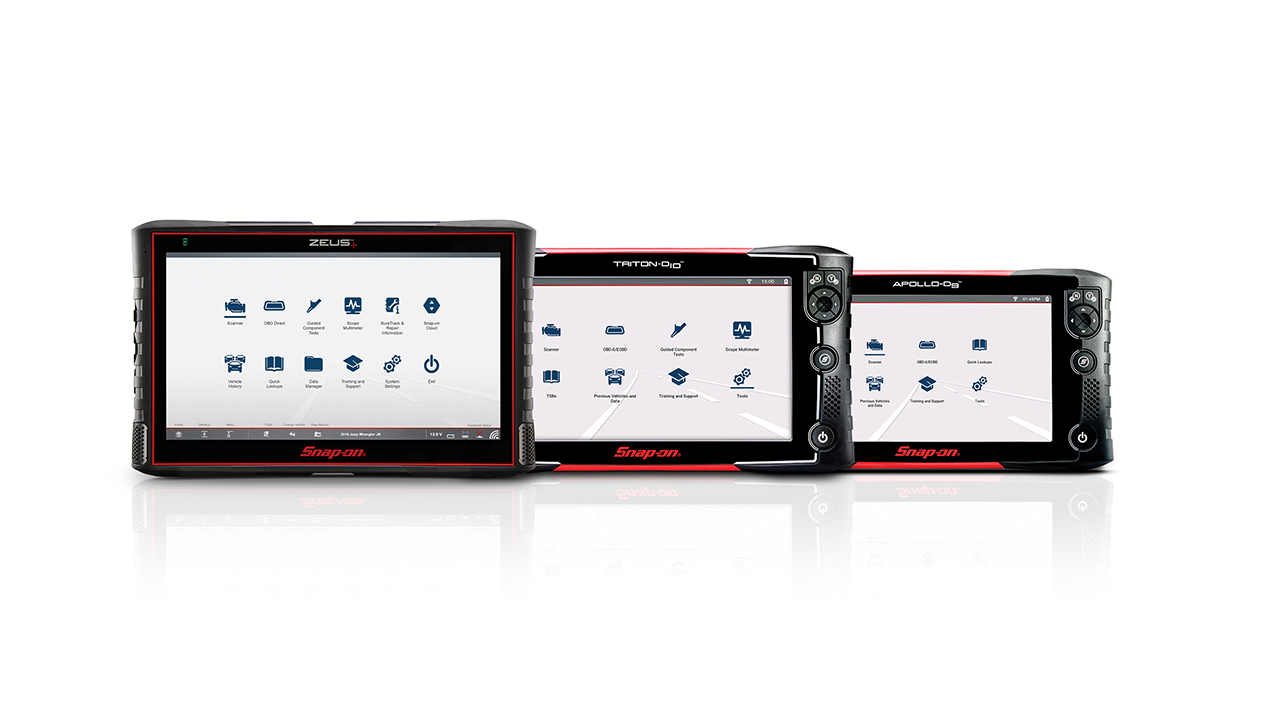By Edward Sunkin
Editor
UNDERHOOD SERVICE
One of the great things about the automotive industry is the hundreds of technological improvements we have seen since the birth of the automobile — from safety, to design, to engine efficiency to entertainment modules and even racing. And one of the great things about this nation is the entrepreneurial spirit that comes from engineers when faced with a problem that can impact our dependence with automotive vehicles — i.e. high fuel prices, national security and environmental issues.
Recently, this spirit has transformed from what was only an idea into what could become a reality for the next generation of gasoline/electric hybrid vehicles — the Plug-in Hybrid Electric Vehicle (PHEV).
Let’s face it, gasoline-hybrid electric vehicles are going to be around for a long time. So why not improve upon the technology that we already use? PHEVs (which were brought to my attention during the Automotive Training Mangers Council spring conference in April) are outfitted with an improved, rechargeable battery pack that can power the vehicle from 20 to 60 miles on battery charge alone. If you consider that 50% of the cars on America’s roads are driven 25 miles a day or less, a plug-in with a 25-mile range battery could just about eliminate gasoline use in the daily commute of millions of Americans. With these vehicles, researchers say the cost of an equivalent electric gallon of gas is estimated to be less than $1!
According to Plug-In Partners National Campaign, PHEV technology already is available and functioning. DaimlerChrysler is producing a Sprinter Van prototype with an all-electric range of 20 miles. And engineers and researchers with CalCars Initiative are getting more than 100 mpg on the roads in their plug-in converted gasoline-electric hybrid.
However, auto manufacturers are somewhat hesitant about PHEVs, saying consumers don’t want to be burdened with plugging in their vehicle each night. In fact, some hybrid makers have gone out of their way to market their current gasoline/electric hybrids as “plug free.” But that sentiment may be changing, especially now that gasoline has hit more than $3.50 a gallon in much of the country. I don’t think people will forget, or I don’t think drivers today would have a problem plugging in their PHEV each night if they could cut their gas prices by two-thirds — they don’t seem to mind plugging in their cell phones or laptops to recharge!
Of course, it’s easy to see the benefits to the environment when using such vehicles over current gasoline-only powered vehicles. But when you consider adding the national security and the economic issues, PHEV technology really makes sense. For example, PHEVs can be manufactured with Flex Fuel engines, further reducing our dependence on foreign oil and at the same time, increasing support for U.S. ethanol businesses, refineries and the farmers who grow crops for fuel.
And, the electric infrastructure to charge up these vehicles already exists. Consider, too, that more than 40% of the electrical generating capacity in the U.S. sits idle or operates at a reduced load overnight, when most PHEVs would be recharged.
I believe that when you weigh the pros and cons of these vehicles, PHEVs can drive the automotive industry and the aftermarket into the right direction.
For more information on PHEVs, visit: www.pluginpartners.org and www.calcars.org.


